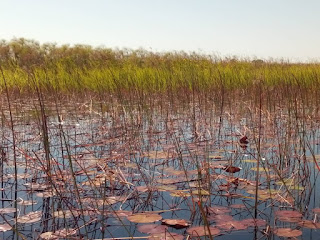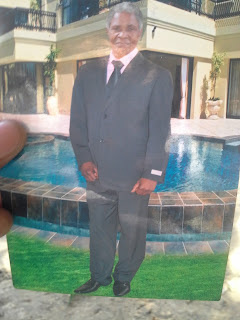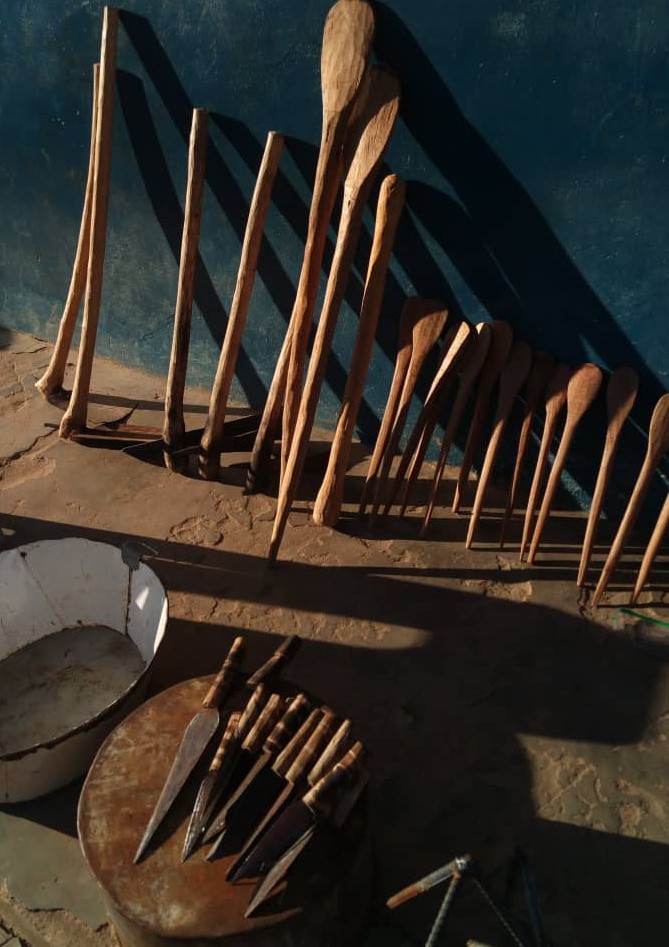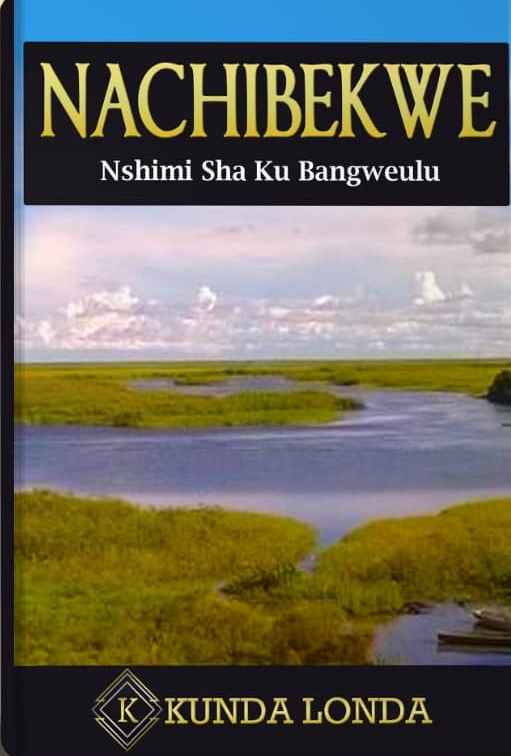WONDERS OF CHILDHOOD – WHITE MAN!

Our grass-thatched, mud, four-cornered hut stood between two old mango trees near the village' s family Kabuli (graveyard), at the very end of Mukanga village. When the burial ground overgrew, chilling bouts of fear rushed through me when passing by it as I grew up believing ghosts do harm; especially if you whistled in the night within the vicinity of the cemetery. The only time I felt relieved in the night was when the tall grass around the burial place was burnt. I couldn't figure out why we lived so close to ghosts if they were that harmful. Why would dead relatives become that hostile as to hurt living members of their own family for such petty acts as tooting? Beyond our hut was a vast plain leading to the next village named Mutoni, aka Maishike, which was neighbouring another small village called Chikonde. In the east was Iyamba, the capital of Ncheta Island of Chief Bwalya Mponda. We had many neighbours in front of us, some in small round huts fenced with "Iceec...
 SoundCloud
SoundCloud



